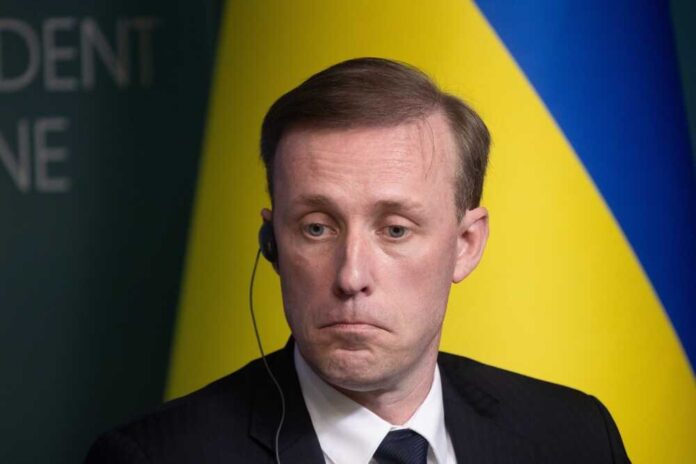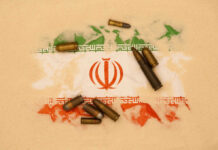
Foreign Affairs magazine appears to have changed the text of an article written by Biden administration adviser Jake Sullivan after the attacks in Israel that left 1,400 dead. The revisions came after Sullivan praised the White House’s efforts in the Middle East, which he called a “disciplined approach.”
Sullivan, who had previously served as a foreign affairs adviser for former President Barack Obama, originally wrote in the article that Biden’s administration should receive credit for relative calm in the Middle East. It was printed on Oct. 2, five days prior to the terrorist attacks carried out by Hamas.
“The Israeli-Palestinian situation is tense, particularly in the West Bank, but in the face of serious frictions, we have de-escalated crises in Gaza and restored direct diplomacy between the parties after years of its absence,” Sullivan had written.
Jake Sullivan wrote an essay for Foreign Affairs that went to print before Oct 7. For the online version that came out yesterday, they let him not just add new material but scrub the sections embarrassed by events. Some deleted gems from the original, not available online (1/6): pic.twitter.com/53e7E2Di9g
— Jeremy Stern (@JeremySternLA) October 25, 2023
He further wrote in the original edit that the Biden administration was responsible for a reduction in attacks on American forces in the Middle East.
Since the Oct. 7 attack, militias linked to Iran have launched a number of attacks on American forces across the region, including using drones and rockets.
The incidents caused about 30 American casualties, including some that the Pentagon described as brain injuries.
“Indeed, although the Middle East remains beset with perennial challenges, the region is quieter than it has been for decades,” the original print version read.
The adviser wrote that the “progress is fragile,” but that it was “also not an accident.”
He wrote that President Joe Biden’s approach “returns discipline to U.S. policy. It emphasizes deterring aggression, de-escalating conflicts and integrating the region through joint infrastructure projects and new partnerships, including between Israel and its Arab neighbors. And it is bearing fruit.”
The edited version of the article stated that the recent attacks had “cast a shadow over the entire regional picture, the repercussions of which are still playing out, including the risk of significant regional escalation. But the disciplined approach in the Middle East that we have pursued remains core to our posture and planning as we deal with this crisis.”
The magazine edited the online version of the text, in which is stated that “a passage in it about the Middle East was updated to address Hamas’s attack on Israel, which occurred after the print version of the article went to press.”










